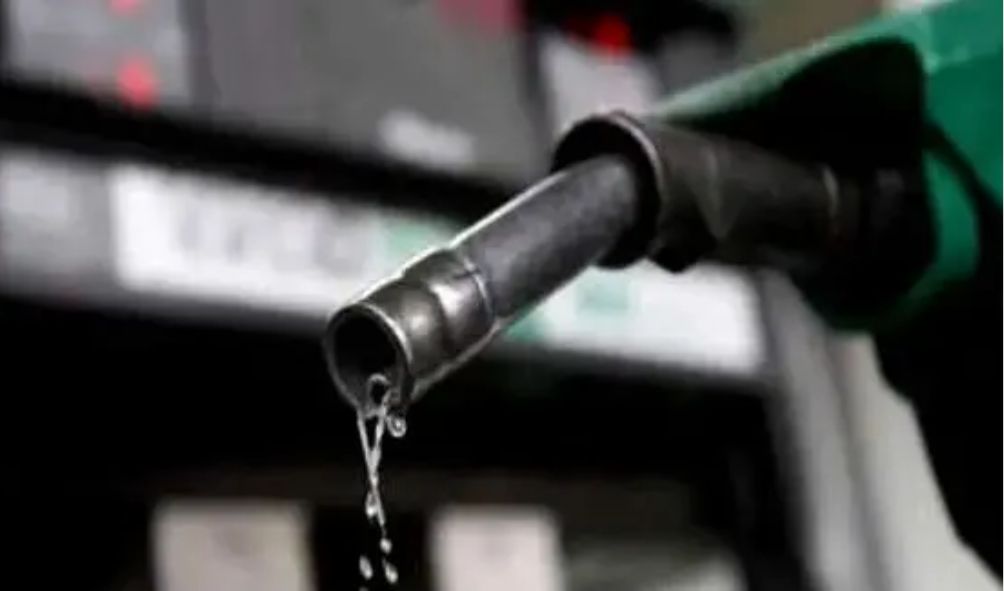EPRA to unveil IMF backed new fuel price control formula

All eyes on the regulation of fuel prices as Epra moves to introduce a new formula that has the backing of IMF
All eyes on the regulation of fuel prices as Epra moves to introduce a new formula that has the backing of IMF.
The government is expected to reveal the changes in the current fuel pricing formula in changes that could have implications on what consumers pay.
This comes after a taskforce to review fuel pricing mechanisms was constituted in May this year.
The International Monetary Fund (IMF), which is also pushing for the review says the current pricing structure has not adequately reflected the state of the market.
A taskforce was formed in May 2023 to assess the fuel pricing systems and make sure that decisions about fuel prices are always in line with allocated resources, the Bretton Woods institution confirmed in its review of aid conditions.
“While the reviewing of the pricing mechanisms has begun, the delays in establishing the taskforce had impacted the timeline for the review of fuel prices,” IMF said.
The findings of the taskforce are expected to be publicly communicated by the end of this month.
US responds to killing of Russian mercenary, Yevgeny Prigozhin
Russian mercenary leader Prigozhin killed in a plane crash near Moscow
Outrage as Kenyatta University raises food prices amid high cost of living
Kenya has suffered multiple price shocks due to high fuel prices arising from shortages of forex, high demand, price fluctuations on the international prices among other things.
Due in part to a pricing agreement between the governments of Kenya and Saudi Arabia and other Gulf countries, which saw prices pegged higher than the going rates, the nation has the highest oil costs in the region.
Due to the transportation and energy components, the majority of the goods and services offered in the country are impacted by the price of oil.
The government also added value added tax (VAT) on fuel prices impacting the prices of many things and raising inflation across the board.
Nearly a quarter of Kenya’s imports are made of crude oil making it a key foreign exchange expense.
Also read,
Government to have sweeping powers tap calls, emails in cash transactions
US donates to Kenya top range vehicles customized for war against drug trafficking
Kenya to begin construction high-speed electric railway to Ethiopia in 2025
How Russian agencies and Wagner facilitated Niger coup; Ex-defence official
Raila responds to DP Gachagua over purported secret demands to Ruto
Follow us




